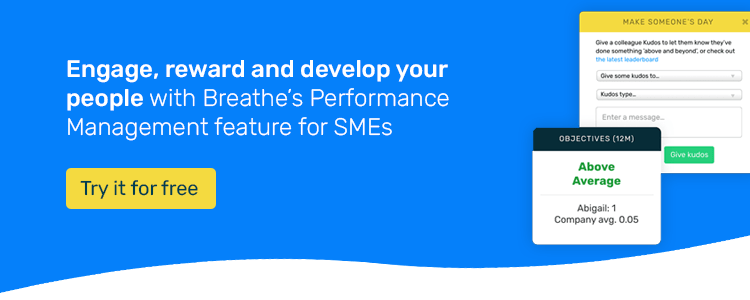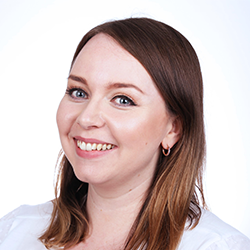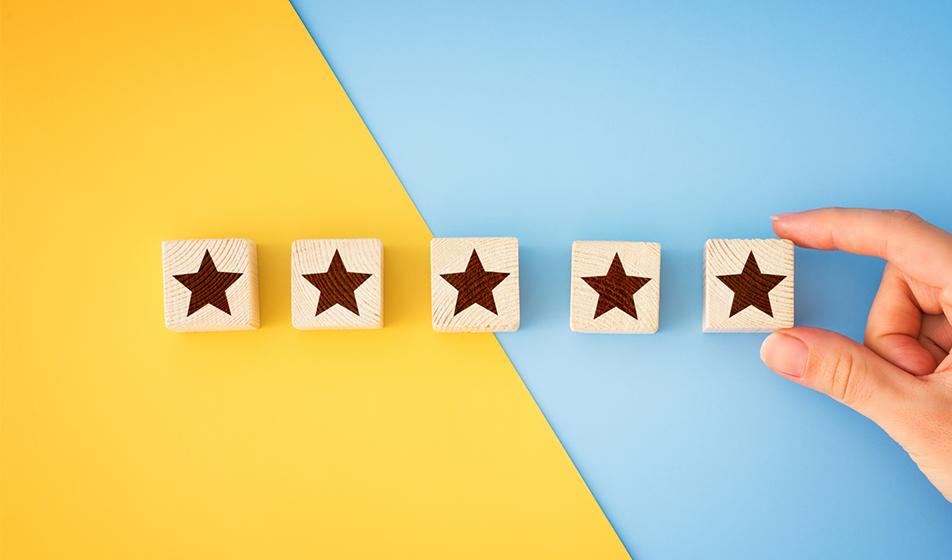6. Improve existing skills
When it comes to self-improvement, we often concentrate on learning something new. But sometimes you might want to consider improving something you're already good at, rather than addressing one of your weaknesses. Too often we focus on our negatives. But if you can strengthen something you're already good at, you could become extraordinary at it. The benefits of that to your small business could be spectacular.
7. Have a positive mindset
It’s never wrong to embrace and address your failures, that way you will learn from them. If you go into new experiences and learning situations with the mindset that you will achieve, you are more likely to do so. Carol Dweck, author of “Mindset: The New Psychology of Success”, notes that successful people have a growth mindset. She describes that these people "believe that even basic talents and abilities can be developed over time through experience, mentorship, and so on. And these are the people who go for it. They’re not always worried about how smart they are, how they’ll look, what a mistake will mean. They challenge themselves and grow.”
8. Learn from failure
Everyone makes mistakes - the old adage that someone who has never failed has never tried at anything is true. But it's what we take from failure that's important, and how we moved forward. Failed that test? You still know more than you did before you started the course. You can take it again. Perhaps a project didn't go as planned, or you didn't hit your target. These things can be disappointing, but it's how we take the learnings and reflect on what we can do better next time that counts. This attitude will achieve success in the long run, rather than being defeated by failing and never trying again.
9. Hone your expertise
It's sometimes best to study one thing in more detail than to learn lots of things at a more superficial level. You'll have identified a few aspects of your skillset that you want to address in your personal development plan. Make sure you dedicate enough time and resource to one thing at a time so that you can approach it more thoroughly than you otherwise might have been able to.
10. Prioritise your personal development
It can be tricky to find the time for development - but it's important to invest this time in yourself and your role. Whilst it can be appealing to cancel the time you've scheduled for L&D when your to-do list feels endless and you've got a mountain of emails, in the long run, you'll become better and more efficient in your role and will thank yourself for it.
11. Measure your achievements
Tracking your progress along the way allows you to adjust your plan if you are not on track. If something's not working, you might need to stretch a deadline or adjust the objectives or the strategy itself. If you at least know that it's not working, you can then ask why. You can additionally consider how you might be able to make it work and what you have learned from it.
What is a career development plan?
A career development plan is essentially a personal development plan - you work out where you'd like to get to, and what skills or training you'll need to get there. This can be anything, really, and as long as you set goals and deliverables to get there, you've got a career development plan.
Free career development template for your SME
We've created this free career development template to help get you started with career planning. Feel free to download and make it your own.
Why not find out how Breathe's performance management system can help your SME? Record objectives, track them against company goals and let your team add in their own deliverables to break down big tasks. Trial Breathe for free for 14 days.






